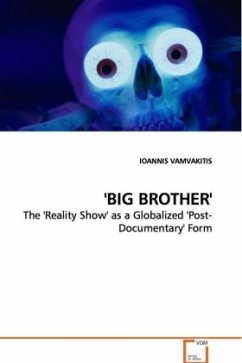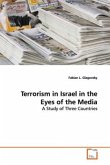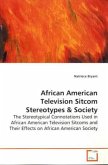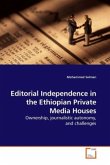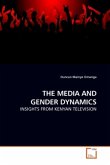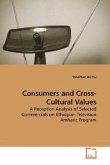In this book I am attempting to scrutinise the Big
Brother show (Endemol, 1999) - the archetype of
the reality show genre (Cummings, D, 2002, xii)
as a cultural product of our post-modern-late
capitalism era (Jameson, F, 1993, xii). In
specific, I am focusing on its function as a pop-
culture globalised post-documentary form that, on
the one hand, reflects our era s post-modern
dimension, and through the space-time processes
decontextualises space (geography) and time
(history), and thus, distorts our sense of
the real and transcends the cultural borders;
while on the other hand, reflects our era s late-
capitalism dimension, and thus, the western
capitalistic spaces, (pop-) cultural symbols and
social dynamics. Therefore, Big Brother, enhances
the globalisation process in the form of
westernisation.
Brother show (Endemol, 1999) - the archetype of
the reality show genre (Cummings, D, 2002, xii)
as a cultural product of our post-modern-late
capitalism era (Jameson, F, 1993, xii). In
specific, I am focusing on its function as a pop-
culture globalised post-documentary form that, on
the one hand, reflects our era s post-modern
dimension, and through the space-time processes
decontextualises space (geography) and time
(history), and thus, distorts our sense of
the real and transcends the cultural borders;
while on the other hand, reflects our era s late-
capitalism dimension, and thus, the western
capitalistic spaces, (pop-) cultural symbols and
social dynamics. Therefore, Big Brother, enhances
the globalisation process in the form of
westernisation.
